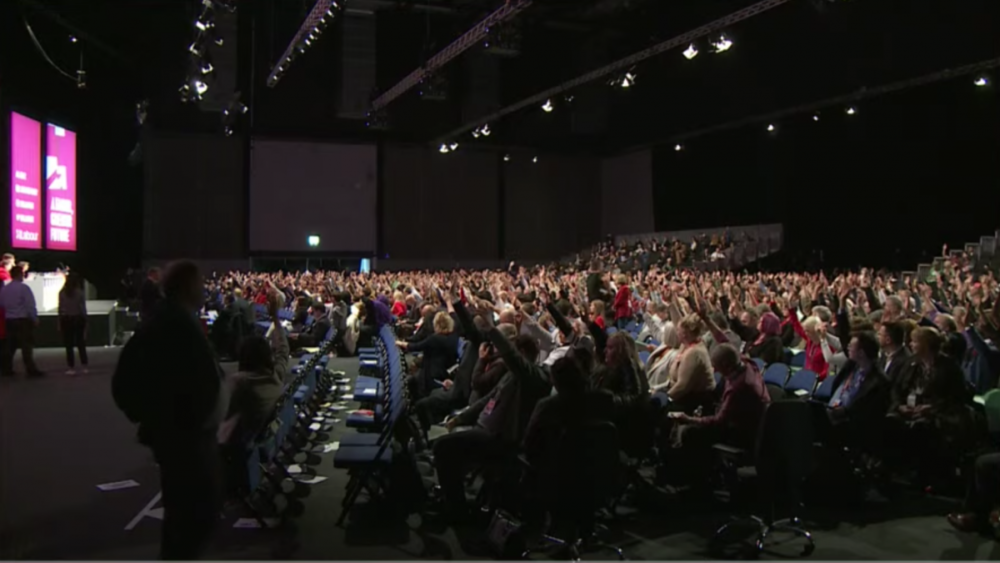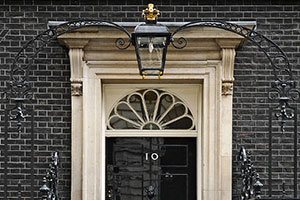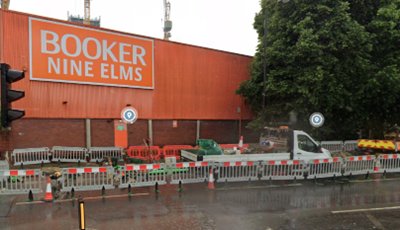If there was ever a window into the souls of the three main political parties, then this season of party conferences proffered the clearest of views. Each political party chose a different path on the issue of housing supply and it tells us as voters much about how they intend to govern over the coming years.
Rather than acknowledge the dysfunction inherent in the planning system, the Conservatives chose to ignore it. The Prime Minister didn’t mention it, instead bedevilled by wider issues around the deliverability of HS2. A project immeasurably weakened by his dithering over the last few weeks.
The Conservatives appear unwilling to offer anything of substance. Instead, they choose to spend their energies on gimmicks such as street votes. This won’t move the dial on the housing crisis and appears more of a route map for desperate politicians to avoid making decisions. Isn’t that what we pay them to do?
The Liberal Democrats also had a bad time of it. There was infighting at their conference. The youth wing rose up against the idea of scrapping housing targets.
In the end they settled on a pledge to deliver 380,000 homes a year much to their leader’s frustration who offered no clarity as to how they might achieve it. Instead, we were greeted to much developer bashing which is tiresome and short sighted. Who else is going to build these phantom homes. Judging by the level of division the Lib Dems cannot be taken seriously and indeed things could be made even worse if their hand was to ever grasp the tiller.
So it was to Labour and Sir Keir Starmer that all eyes looked. Despite many professional commentators suggesting Labour could keep its powder dry on the issue housing because of the perceived zero sum nature, instead they chose to up the ante.
Labour’s conference start wasn’t promising for housing commentators. Angela Raynor, the current housing incumbent dosed up some red meat for the activists with a speech laden with aphorisms and developer bashing sentiment. There was lots of emphasis on social housing but nothing about how an earth it will be paid for.
However, the fog began to lift with interventions from Reeves and Starmer. Whilst there is a lot more detail to work through, it’s clear they acknowledge there is a very significant problem with the planning system and how it allocates land. They want to do something about it. Talk of a new kind of land classification for sites which are not brownfield but also shouldn’t ever have been classed as greenfield is promising. Calls for a wave of new towns should be welcomed also although I would contend it would be better to start by building in existing towns where people want to live.
Starmer didn’t have to take the risk on housing. He could have avoided it like Sunak. He would have observed the struggles Davey had with the Lib Dem delegates. Yet, he went for it knowing not everything will like what he had to say. This is the sign of a leader ready for governing. Making difficult decisions which some will not like is what we want from politicians. We need more detail but the signs are promising.










